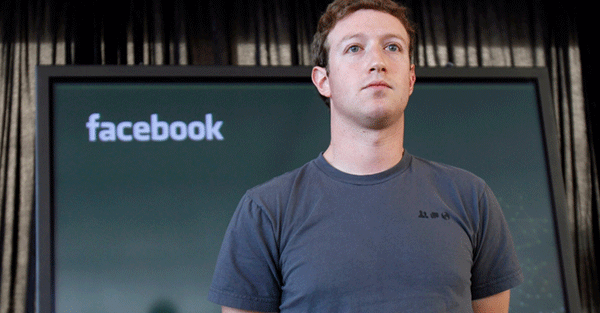
A FORMER World Bank vice president has said history shows Britain will leave the European Union (EU) on Thursday – and branded David Cameron “lazy” for not realising it. – UK Express
This article makes the case that Brexit will happen and quotes Ian Golden as saying these are “unusual times.”
Ian Goldin is author of some 20 books according to the Express and is an Oxford professor and former advisor to Nelson Mandela.
He compares the current environment to the Renaissance five centuries ago, and calls both eras “not an ordinary time.”
He also compares Mark Zuckerberg to Johannes Gutenberg.
This is an unfortunate comparison and a perfect example of how elite memes are created.
His branding of David Cameron as lazy has to do with Cameron’s lack of vision. With a “lazy, linear” vision, Cameron failed to grasp the similarities between the Renaissance and today’s tumultuous public sentiments.
More;
Mr Goldin’s new “landmark” book, Age of Discovery, co-written with fellow Oxford professor Chris Kutarna, focuses on how modern-day politicians can learn from history and it is essential to look back to form the best future for ourselves …
“Now, like then, public leaders and public institutions have failed to keep up with rapid change, and popular trust has been deeply eroded.”
The pair call the current era the “New Renaissance.”
Of course, for at least the past decade, we’ve been pointing out that the Internet is a lot like Gutenberg’s printing press. The ‘Net has had the same sort of impact.
In fact, it was the study of the ramifications of the Gutenberg Press that gave us insights into what’s happening today.
The chief benefit of studying the Gutenberg Press is that we came to realize after a while that the changes the Press created became more intense over time.
The Internet, you see, is a process. It can’t really be stopped, no matter whether it is “switched off.”
Goldin also has a warning: “The political revolutions which accompany technological and economic revolutions – as well as the information technologies and disruptive changes which amplify progress – can also catapult extremists and extremist opinion into power.”
Presumably this is a comment about Trump. But like the Zuckerberg comparison, it is most questionable.
Hillary Clinton is closer to the fascists of the mid-20th century than Donald Trump.
And those who invented the Internet are the ones who should be compared to Gutenberg.
Not Zuckerberg.
The mythologizing of Zuckerberg began with a cover story in the Economist hailing social media.
Right away, we saw top internationalists were launching a campaign to co-opt the Internet.
Instead of having thousands of uncontrollable websites, the Internet was going to be dominated by a few social media sites.
That hasn’t exactly happened, but it’s not for trying. That’s what “they” want.
To compare Zuckerberg to Gutenberg is unfounded and incorrect. He is actually a young man elevated by the CIA and fabulously enriched by a fiat-driven stock market.
But this is how dominant social themes are built. One takes a valid idea and then distorts it. In this case, the idea is to aggrandize Zuckerberg, thus gaining more acceptance for Facebook and promoting Zuckerberg as some sort of genius.
Conclusion: More propaganda. It starts with truth but ends with a deliberate falsehood. Zuckerberg is not leading the charge. He is standing in the way.
